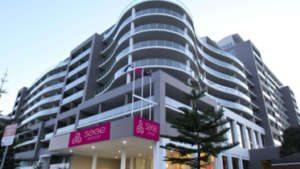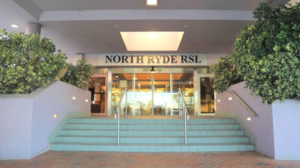If you’re looking to buy a big-ticket item, like a car or house, and you need finance, then suddenly knowing your credit score might well become a top priority for you.
Recent data shows young Australians aged 18-24 years have the lowest average credit score at 564, followed by 25 – 34 year olds at 610. Both bands are below the national average of 649.
Your credit score is super important as it directly effects the amount a lender might loan you and the interest rate they’ll offer you too. So generally speaking, the higher your score the better the deal you’ll get.
Now is a good a time as any to find out what your credit score actually is. It’s easy to find out, and contrary to popular belief, inquiring about your credit score won’t affect it in the slightest.
What is your credit score?
Your credit report contains a credit score which reflects your lending history. It’s often used to try and predict your ability to pay back debt. In other words, your score indicates how risky it might be to lend to you.
Credit scores range between 0-1200. A score of 0-509 is below average to average while a score of 833 to 1200 is excellent. The higher the score the less risky you are.
If you have a high score, then this will indicate to lenders that you have a demonstrated a history of financial responsibility and are considered to be less risky. This could mean getting a better deal and saving money in the long run.
What if I have a low credit score?
A low credit score could point to a damaged credit history. This may be the result of multiple credit applications over a short period of time or even late monthly repayment history recorded by your creditors.
It may also be the result of adverse credit listings such as defaults, serious credit infringements, court judgments and writs, in addition to personal insolvency events like debt agreements, personal insolvency agreements and bankruptcy. Borrowers with low credit scores will typically have more trouble getting credit. If your score is low, talk to a financial professional about the steps you can take to repair your credit, however be very wary of individuals or organisations claiming to be able to remove adverse credit listings for a fee. According to Equifax – Australia’s largest Credit Reporting Bureau – adverse listings can only be removed from a credit file prematurely if they have been listed in error.
How is the credit score calculated?
Your credit score is calculated using the information on your credit report including:
- The type of credit providers you’ve applied to and the size of your applications
- The age of your credit file and personal details like your job and address history
- The number of credit enquiries you’ve made and any directorships you’ve held
- Overdue debts, defaults and any serious credit infringements
- Insolvency events, default judgements and court writs that may be visible
Your score will help lenders decide whether to give you credit and what interest rate to give you.
How to improve your score
Here’s how to improve your score. It won’t happen overnight, especially if you have a low credit rating, but consistently doing the following may get your credit score all gleamy and sparkly:
- Limit credit applications
- Make payments on time
- Consistently pay bills in full
- Cancel or reduce the limit on your credit cards
- If you’ve taken out lots of small loans try and pay these off as it may look like you’re bad at managing money
Other factors to be considered may be out of your control. For example, if you’re young and just starting out, remember that your credit history will be limited and lenders may take this into account when reviewing your credit applications.
In summary it is totally possible to get your credit score into the ‘excellent’ range of 833 and over if you’re savvy about it.
So, how do I find out my score?
You can check your credit file via a reporting agency like Equifax, then work out what you need to do to take that next steps in responsibly borrowing to get you to where you want to be.
About the Author
John Papadopoulos is currently a manager at Aravanis, one of the largest registered bankruptcy trustee firms in Australia.
John has in excess of 13 years of experience in personal insolvency in addition to estate planning, tax planning, superannuation, life insurance and mortgage broking.
Aravanis offers free bankruptcy-related information that’s specific to your individual situation.
If you’re considering bankruptcy, give Aravanis a call on 1300 369 108. As one of Australia’s leading bankruptcy firms, they can take you through the options that might be available.









